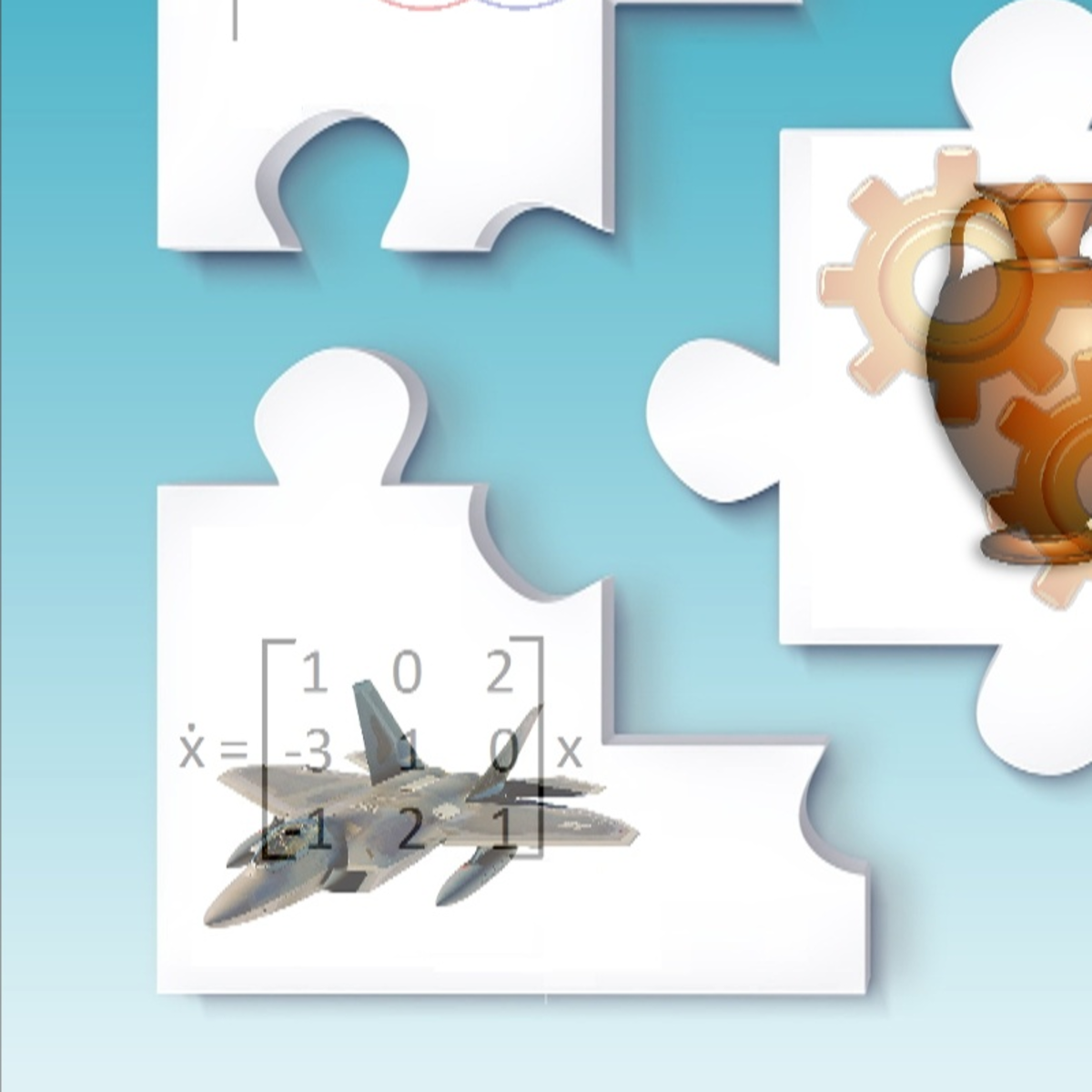
Este curso lhe dará a base necessária para entender técnicas mais avançadas de controle moderno.
Você aprenderá como representar a dinâmica de um sistema no espaço de estados, como analisar um sistema no espaço de estados, como projetar uma realimentação de estado e como projetar um observador de estado.
A partir desde conhecimento básico você já será capaz de realizar a análise e o projeto no espaço de estados e poderá avançar em seus estudos no controle moderno.
What's inside
Syllabus
Introdução
Modelagem no Espaço de Estados
Análise no Espaço de Estados
Read more
Syllabus
Good to know
Save this course
Reviews summary
Excellent for state space control
Activities
Simule sistemas no MATLAB usando técnicas de espaço de estados
Show steps
Praticar a simulação de sistemas no MATLAB usando técnicas de espaço de estados fortalecerá sua capacidade de analisar e projetar sistemas de controle.
Browse courses on
MATLAB
Show steps
-
Encontre exemplos ou exercícios de simulação de sistemas no MATLAB usando técnicas de espaço de estados.
-
Implemente as simulações no MATLAB, passo a passo.
-
Verifique os resultados da simulação e compare-os com os resultados analíticos ou esperados.
Show all one activities
Simule sistemas no MATLAB usando técnicas de espaço de estados
Show steps
Praticar a simulação de sistemas no MATLAB usando técnicas de espaço de estados fortalecerá sua capacidade de analisar e projetar sistemas de controle.
Browse courses on
MATLAB
Show steps
- Encontre exemplos ou exercícios de simulação de sistemas no MATLAB usando técnicas de espaço de estados.
- Implemente as simulações no MATLAB, passo a passo.
- Verifique os resultados da simulação e compare-os com os resultados analíticos ou esperados.
Career center
Controls Engineer
Systems Engineer
Robotics Engineer
Control Systems Analyst
Mechatronics Engineer
Aerospace Engineer
Biomedical Engineer
Chemical Engineer
Civil Engineer
Computer Engineer
Electrical Engineer
Industrial Engineer
Manufacturing Engineer
Mechanical Engineer
Petroleum Engineer
Reading list
Share
Similar courses
OpenCourser helps millions of learners each year. People visit us to learn workspace skills, ace their exams, and nurture their curiosity.
Our extensive catalog contains over 50,000 courses and twice as many books. Browse by search, by topic, or even by career interests. We'll match you to the right resources quickly.
Find this site helpful? Tell a friend about us.
We're supported by our community of learners. When you purchase or subscribe to courses and programs or purchase books, we may earn a commission from our partners.
Your purchases help us maintain our catalog and keep our servers humming without ads.
Thank you for supporting OpenCourser.



